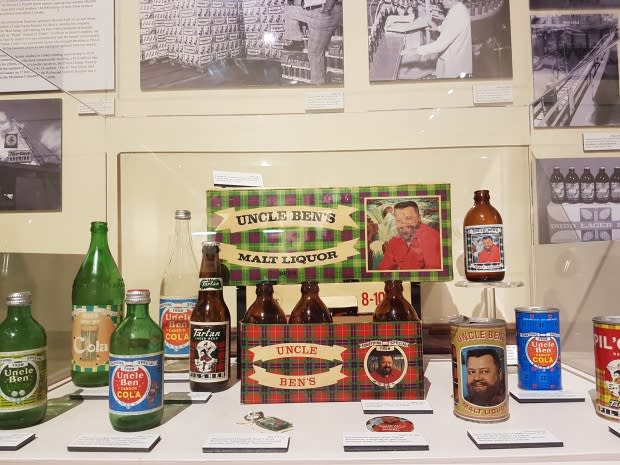Prince George museum hopes to go digital with northern B.C. archival collection
Prince George museum the Exploration Place hopes to modernize its archives by digitizing around 900,000 items so that more people can access the information.
"Online access to the [materials] is so important, particularly in a part of the world where geography and weather can prevent people from physically coming to the archives to do their research," museum CEO Tracy Calogheros told Daybreak North host Carolina de Ryk.
The Exploration Place houses approximately one-million individual archival items, including documents, visual and audio content and images.
More than 100,000 of the items are already in the museum's public online database but in order to make the full archive digital, the museum needs to update its software, which is from the 1990s and out-of-date.
'It's very urgent'
The museum, which is an independent charity, is in search of funding to proceed with the project.
Its artifacts collection is the largest archive in Northern B.C.

Calogheros said there are many challenges in storing all the content such as having appropriate climate control to protect artifacts that could deteriorate in excess heat or humidity.
The museum spent almost $100,000 in heat and electricity costs alone in 2018.
There are significant collections at the museum belonging to the Lheidli T'enneh First Nation, such as audio tape recordings of people speaking the carrier language Dakelh.
Calogheros says the reel tapes are in poor condition and there are very few Dakelh speakers left.
"We could go down to play them one day and they'll just be dust," she said. "It's very urgent that we have [the tapes] transferred ... when you're talking about language preservation."

The museum is working with different levels of government to secure funding for new software.
Calogheros wants the project to be underway by early 2020. She hopes to have the complete database available to the public by the end of that year.
The archives are currently being used by historical researchers, students and science researchers, among others.
"The collective story that has brought us to today is what's being held in our museums and archives. And that is what creates that sense of place ... it gives people a sense of pride."
Listen to the full interview here:
With files by Daybreak North.

